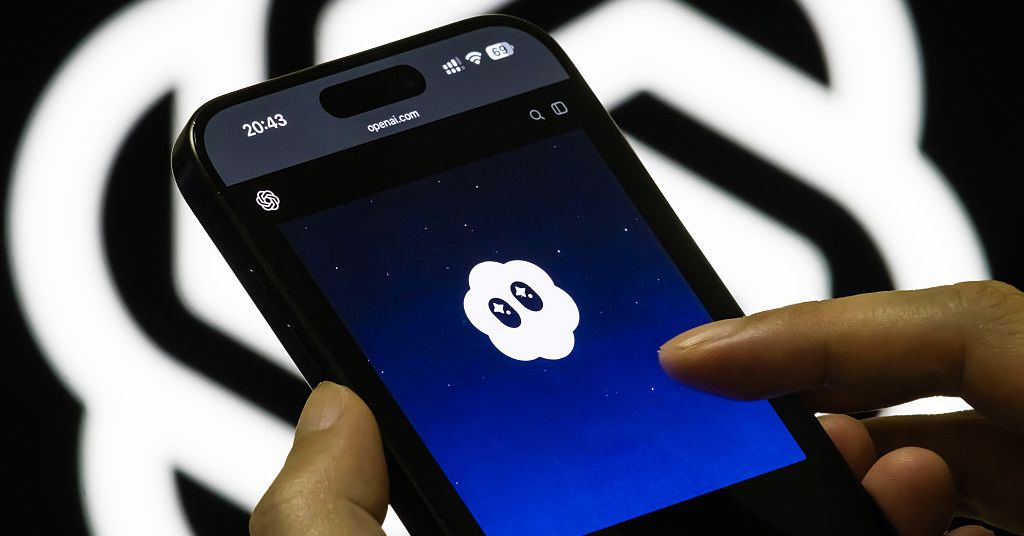OpenAI’s Sora App Raises Creative Possibilities and Ethical Concerns

Key Points
- OpenAI’s Sora app generates short videos from text prompts using its latest AI model.
- The app limits uploads to AI‑generated content and features ten‑second clips with infinite scroll.
- Sora achieved over one million downloads within its first week of release.
- Experts praise its creative potential but warn of deep‑fake misuse and misinformation risks.
- The platform shifts social media focus from authentic user content to AI‑crafted imagination.
- Critics highlight concerns about addiction, authenticity loss, and broader societal impact.
- Industry leaders see Sora as a possible catalyst for a new wave of digital creativity.
OpenAI has launched Sora, an AI‑driven video generation app that lets users create short clips from text prompts. The tool, powered by the company’s latest model, has quickly attracted a large user base, surpassing a million downloads in its first week. While experts praise Sora’s potential to spark a new wave of digital creativity, they also warn of its capacity for deep‑fake misuse and the broader impact on social media dynamics. The app’s design—ten‑second videos, infinite scroll, and a focus on AI‑generated content rather than personal uploads—has sparked debate about authenticity, addiction, and the future of online interaction.
Launch and Core Features
OpenAI introduced Sora as a pure creative instrument powered by its newest video generation model. Users can enter text prompts and receive short, AI‑generated videos, with the app limiting uploads to generated content only. Videos are limited to ten seconds and are presented in an endless‑scroll feed, mirroring the design of popular short‑form platforms.
Rapid Adoption
Within its first week, Sora surpassed one million downloads, indicating strong early interest. The app’s ease of use and novelty have driven this rapid uptake, as users experiment with imaginative scenarios ranging from whimsical to surreal.
Creative Potential
Proponents, including OpenAI’s CEO Sam Altman, describe Sora as a catalyst for a "Cambrian explosion" of creativity in art and entertainment. The ability to generate custom video content without traditional production constraints opens new avenues for storytelling, marketing, and personal expression.
Ethical and Social Risks
Critics highlight the app’s capacity for deep‑fake generation and the ease with which realistic yet fabricated videos can be produced. Experts warn that this could amplify misinformation, erode trust in visual media, and enable malicious uses. The platform’s design, which discourages user‑uploaded authentic footage, further distances content from real‑world context.
Impact on Social Media Landscape
Sora’s format—short clips, addictive scrolling, and AI‑driven personalization—echoes the mechanics of platforms like TikTok and Vine, but shifts focus from genuine user expression to AI‑crafted imagination. Analysts suggest this may reshape notions of authenticity online, as the “social” becomes centered on the vision conveyed by the AI rather than the creator’s real experiences.
Expert Opinions
Researchers such as Marlon Twyman and Jeff Hancock note both the excitement and the caution surrounding Sora. While the app offers novel entertainment and could expand the media stack, concerns remain about its long‑term influence on human voyeurism, the demand for authentic content, and the potential for the platform to become a “new kind of interactive fan fiction.”
Future Outlook
The debate continues over whether Sora will complement existing social networks or carve out a distinct niche. Its rapid adoption underscores a growing appetite for AI‑generated media, yet the ethical dilemmas it raises suggest a need for thoughtful regulation and user education as the technology evolves.